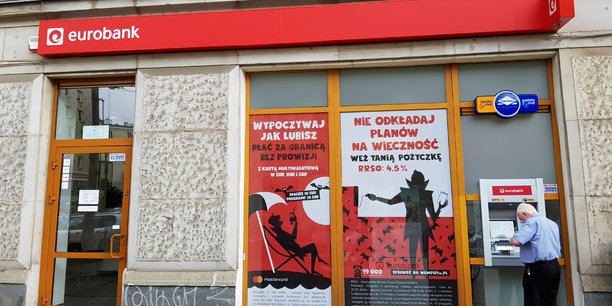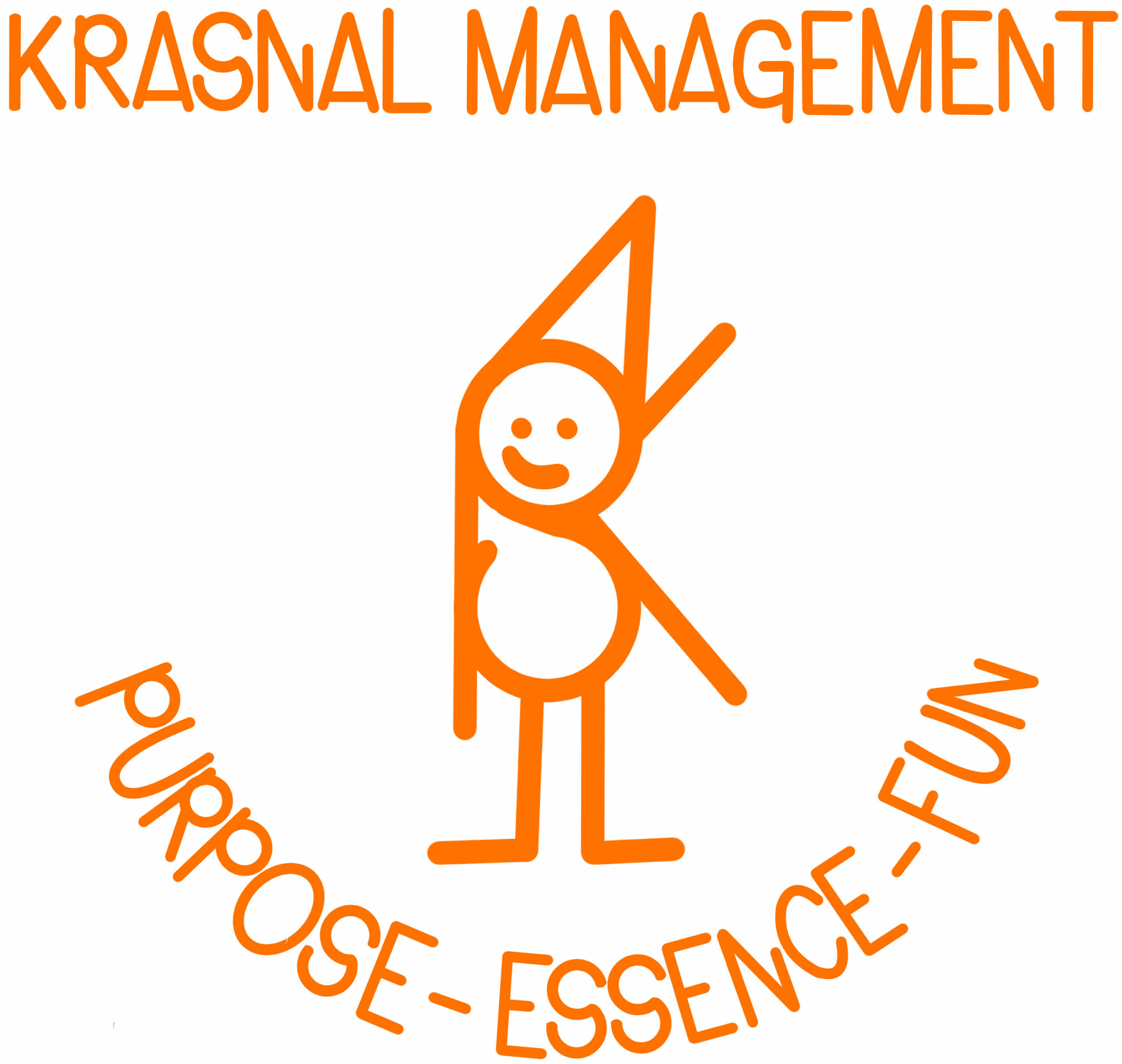Krasnal Management takes its name from the Polish word “Krasnal”, which refers to a kind of mischievous dwarf in Polish folklore. This character is closely associated with the city of Wroclaw, of which he has become the mascot.
This association dates back to the dark hours of the state of siege imposed in the early 1980s. To peacefully protest against the restrictions on freedom of expression and assembly, the “Orange Alternative” movement emerged in Wroclaw, Poland’s fourth largest city by population (650,000 inhabitants). It was known for its unique and creative form of protest against the communist regime in Poland. Rather than engaging in direct political confrontation, the Orange Alternative used absurdist humour, satire, and surreal street performances to challenge the authorities.
The movement often used the image of a dwarf or gnome as its symbol. The gnome became a symbol of resistance, representing the absurdity of the communist regime and the power of the seemingly weak or small to challenge authority.
This movement had a strong impact throughout Poland, and the Krasnal has since remained deeply attached to Wroclaw and its unique spirit. With the restoration of freedom in 1989, the population and the new authorities established the Krasnal as a real institution, with a commemorative monument but also and above all nearly 700 small statues scattered throughout the city and humorously representing each trade.
When Alexis took over the management of Euro Bank in 2016, the company’s turnover and customer base were stagnating, financial results were declining and the staff was in a state of confusion about the strategy followed by diversification towards universal banking and loss of meaning in their activity. He then designed a transformation plan aimed at refocusing Euro bank on its historic business of consumer credit and a positioning as a disruptor of the mass market banking, with humour as a distinctive sign of communication. It was a return to the origins of the bank, which had been founded in Wroclaw in 2003 in order to facilitate access to the European Union lifestyle for as many people as possible. And his first advertising campaigns were themselves imbued with humour.


The Krasnal then appeared as the ideal emblem of this strategic transformation. It symbolised Wroclaw, where half of the workforce worked, the challenge to the order established by the large banks dominating the market, the goodwill towards the population, the creativity in the search for solutions, while bringing a playful dimension appreciated by the Millennials who made up the vast majority of the workforce. This image thus encouraged the appropriation of the strategic plan by employees, while establishing a new complicity between the teams and their management.
What is your Krasnal? Who best represents your Purpose and your Essence, and can embody it in a positive way to generate support and commitment?
